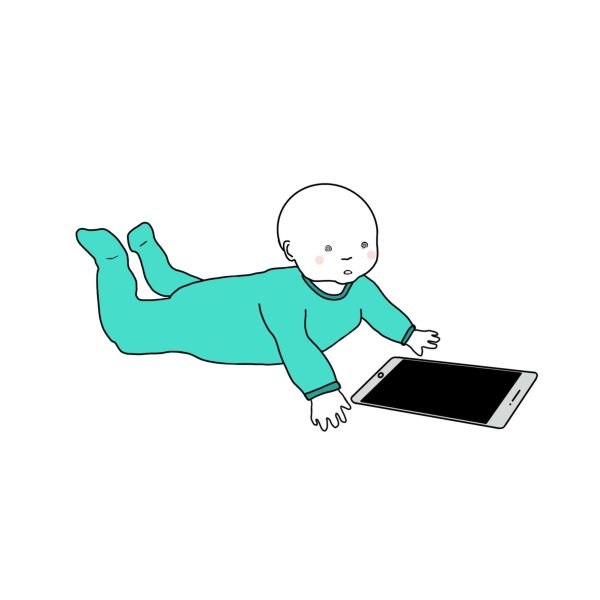Xenophobia Harms Asian Communities
May 5, 2020
Racism and discrimination are undeniably wrong. However, since the start of the COVID-19 pandemic, there has been an uprise in hate crimes and attacks against the Asian American and Pacific Islander community (AAPI), due to the stereotype that all Asians are carriers of the novel coronavirus. Recently, there has been a surge in xenophobia after President Trump’s numerous attempts to use and normalize the racist term “Chinese Virus.” (washingtonpost.com). According to Representative Judy Chu, since then, reports of hate crimes have averaged to approximately 100 cases per day (thehill.com).
On April 19, Canadian athleisure brand Lululemon promoted a “Bat Fried Rice” long-sleeve shirt with graphics of a pair of chopsticks and a Chinese take-out box with bat wings and the words “No Thank You” written on it. TV Personality and Entrepreneur Dorothy Wang shared her opinion with NextShark by saying: “I was completely shocked and disgusted that people took the time and energy to create such a hateful and racially charged shirt, and were proudly marketing it in hopes of profiting off the current xenophobia against Chinese/Asians due to the coronavirus” (nextshark.com). It’s entirely improper for such a widely known company to profit off such hatred, especially that which is rooted in misinformation.
It’s not just companies that are broadcasting their discrimination. Animator and Illustrator Sven Stoffels posted to Twitter an offensive, short animation that sexualizes Asian women and relates them to COVID-19. The cartoon involves scenes of a woman with stereotypical Asian features kissing a bat and dancing around in virus-looking undergarments while holding pangolins, an animal that allegedly carries a virus similar to COVID-19 (nextshark.com). It is disturbing and disgusting that someone would spend creative time simply to propagate unfair hatred and racism, yet these people face no retributions; they are only enabled by society.
Many of the xenophobic attacks against AAPIs have involved verbal and physical harassment. According to Forbes, multiple frontline workers across the U.S. are encountering xenophobic behavior from patients. They claim to have encountered shunning, verbal harassment, or even having patients refuse their service because “they look Chinese” (forbes.com). On Friday, April 17, a Bay Area woman was brutally attacked by her neighbor. The victim was assaulted on her own property by a man who allegedly has a history of aggressive and racist behavior towards the victim (nextshark.com). Obviously, this behavior is never okay. However, it seems as though violent people see the virus as a reason to continue inappropriate behavior.
Senior Jasmine Bonsynat shared, “Hearing about all these attacks against Asians is really frustrating to me because innocent people are being attacked for something that wasn’t their fault. It’s disgusting that some people think it is okay to target us just because the virus originated in China.”
To determine how widespread discrimination against the AAPI community has become, the Asian Pacific Policy and Planning Council (A3PCON), Chinese for Affirmative Action (CAA), and San Francisco State University’s Asian American Studies Department created the STOP AAPI HATE reporting website. Within one month, the website received nearly 1,500 reports with over 58 percent of all reports originating from California and New York (asianpacificpolicyandplanningcouncil.org).
With intentions to prevent the spread of xenophobia against AAPIs, multiple community advocates are voicing their opinions and finding new ways to address this issue. In San Francisco, a grassroots organization called the SF Peace Collective regularly patrols the streets of Chinatown promoting safeness and security to the community. Also, groups like the Asian Pacific American Labor Alliance (APALA) have been organizing virtual rallies, town halls, and video calls to discuss different social injustices that have occurred during the pandemic.
Luckily, several movements have been trending worldwide on social media calling out the bigotry, like #HateIsAVirus and Wash the Hate, where people share their stories in a 20-second video while washing their hands. There have also been various campaigns like #SaveChinatown and #IWillEatWithYou with goals to raise money for local businesses in Chinatowns in big cities (citylab.com). Hopefully, these movements will reduce the racism being seen during the time of the virus.
In the end, it’s no one’s fault for “starting the virus,” so hatred and discrimination against the Asian community is wrong and rooted in ignorance. During hard times like these, when our priorities are to stay safe and healthy, people should focus more on how to put an end to this toxic behavior rather than promoting it or simply ignoring it


